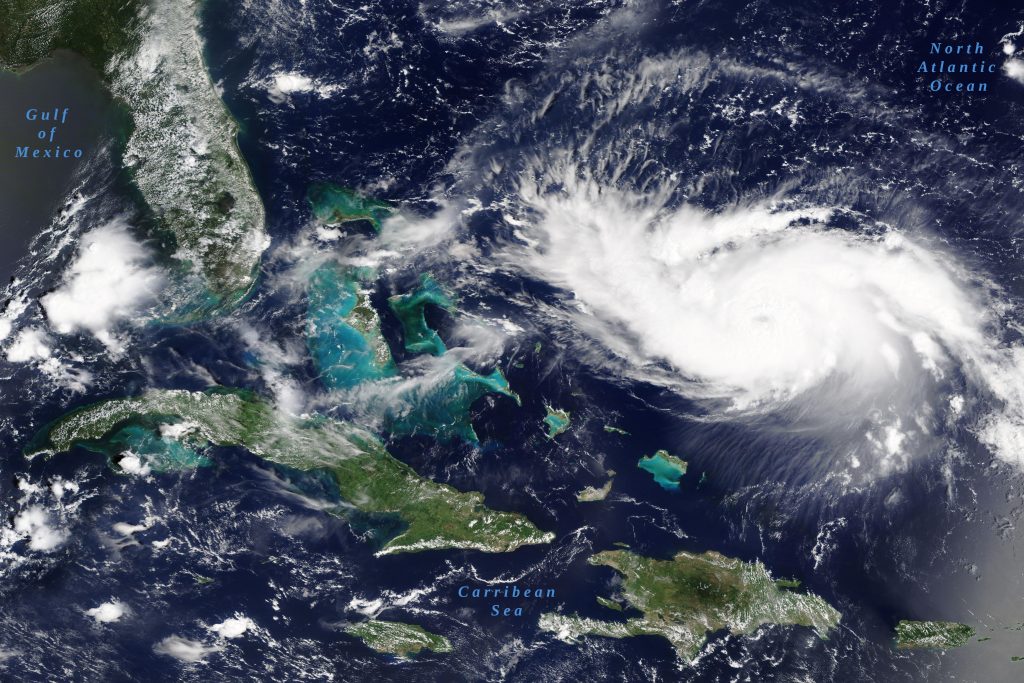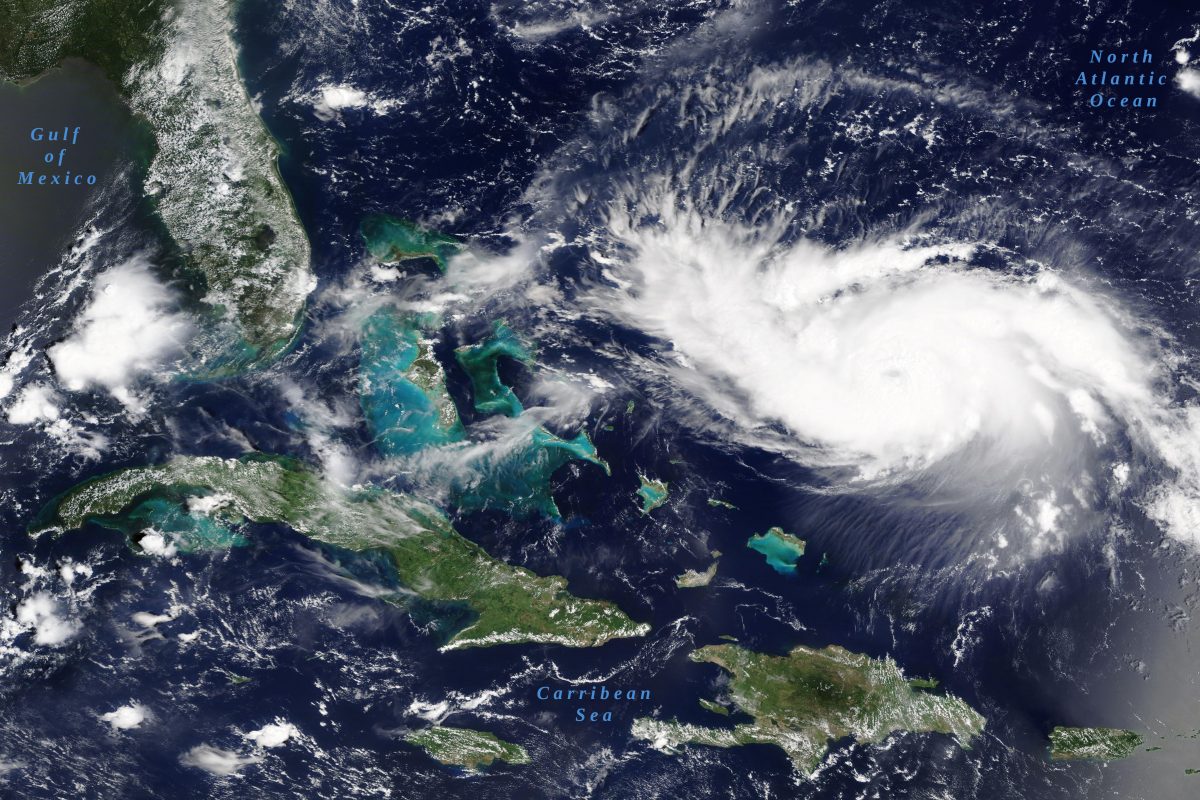The impact of climate change seems far-off and abstract until it directly impacts your community. On September 1, 2019 Hurricane Dorian made a direct hit to my island home in The Bahamas. While I watched reports of complete devastation from San Francisco, where I was living at the time, I did not know if my family and friends were safe until I flew down to The Bahamas to help with evacuations and recovery.

Stronger and more frequent hurricanes are a direct impact of our warming world. The year after Hurricane Dorian the 2020 hurricane season has thus far been the most active on record with 30 named storms. For me, this has not only been a first hand look into the impacts of climate change, but was also a realization of the need for resiliency, as my community was forced to rely completely on its local resources and ecosystem in order to survive. While major storms like Hurricane Dorian are devastating for communities and bring unimaginable loss,, communities must focus on conserving their local ecosystem and food resources to recover, build back better and maintain and grow resiliency.
Resilience in Coastal Communities
Coastal communities are highly vulnerable to climate change yet many of them, including The Bahamas, contribute very little to it’s exacerbation. The Bahamas is a small island nation of less than 400,000 people and its main industry is tourism – yet it bears the brunt of the impact of wealthier and more populated nations.
Because there is little The Bahamas and other small nations can do to change the course of climate change themselves, they must focus on creating resiliency to best adapt. Ensuring local ecosystems are protected is one of the main ways to ensure resiliency. Natural features such as coral reefs, dunes and mangroves are the first defense against rising sea levels and storm surge during a hurricane or typhoon. Keeping these ecosystems healthy and strong is an important precautionary measure to mitigate the risks of impending storms.
The Importance of Fisheries in Maintaining Resilience
While natural features are imperative in preserving critical coastal infrastructure during climate events, it is equally important that coastal communities have access to food resources and a robust and hardy economy that is able to withstand after the loss of imports. Directly after a disaster, typical food sources for an island or coastal community may be completely cut off.Ships importing food may not have a place to dock and the shops selling them may be destroyed. It may be a necessity to rely on local food resources, such as fisheries, which are especially resilient to hurricanes as they are not as susceptible to problems associated with high winds or storm surges the way farms or agriculture might be.
Beyond the practicality of being able to fish locally after a disaster, well stocked and healthy fisheries also help with economic recovery. Locals are able to get back to work commercially fishing as soon as possible, and tourists are able to still take advantage of diving on reefs or chartering a day with a local fisherman.
18 Months Post Hurricane Dorian
Abaco is a year and a half post Hurricane Dorian, and recovery is in full swing. While a global pandemic has certainly slowed the pace of relief groups and visitors arriving on island, Abaco is building back better than ever. Power was restored in most areas within the past 6 months, schools are reopening and plans are being made for new shopping centers, hotels and small businesses. Our ocean is as plentiful and beautiful as ever, and we are excited to welcome visitors back with COVID protocols in place.
Organizations Helping
There are a variety of ways you can help coastal communities build resiliency before a climate disaster strikes and organizations that help to rebuild resiliency after one does. Some of the organizations doing meaningful work in coastal communities include:
- On Abaco, my local island, FRIENDS of The Environment is a non-profit that is working hard to rebuild offices and education centres post-Dorian. Volunteer or donate for your local environmental organization, whether coastal or otherwise, to help provide resources to high-risk communities who may be adversely affected by climate change.
- World Central Kitchen not only helps feed people immediately after disasters, but they also set up longer term grants for local food sources which include local sustainable fishermen
- The Pacific Community(SPC) have a plethora of programs that have aid local communities throughout the Pacific. The Pacific Fisheries Leadership Program specifically focuses on building resilient, local fishing communities through capacity building and food security
- Marine protected areas (MPAs) are largely importing in preserving crucial coastal ecosystems and biodiversity. Support MPAs in your part of the world.
